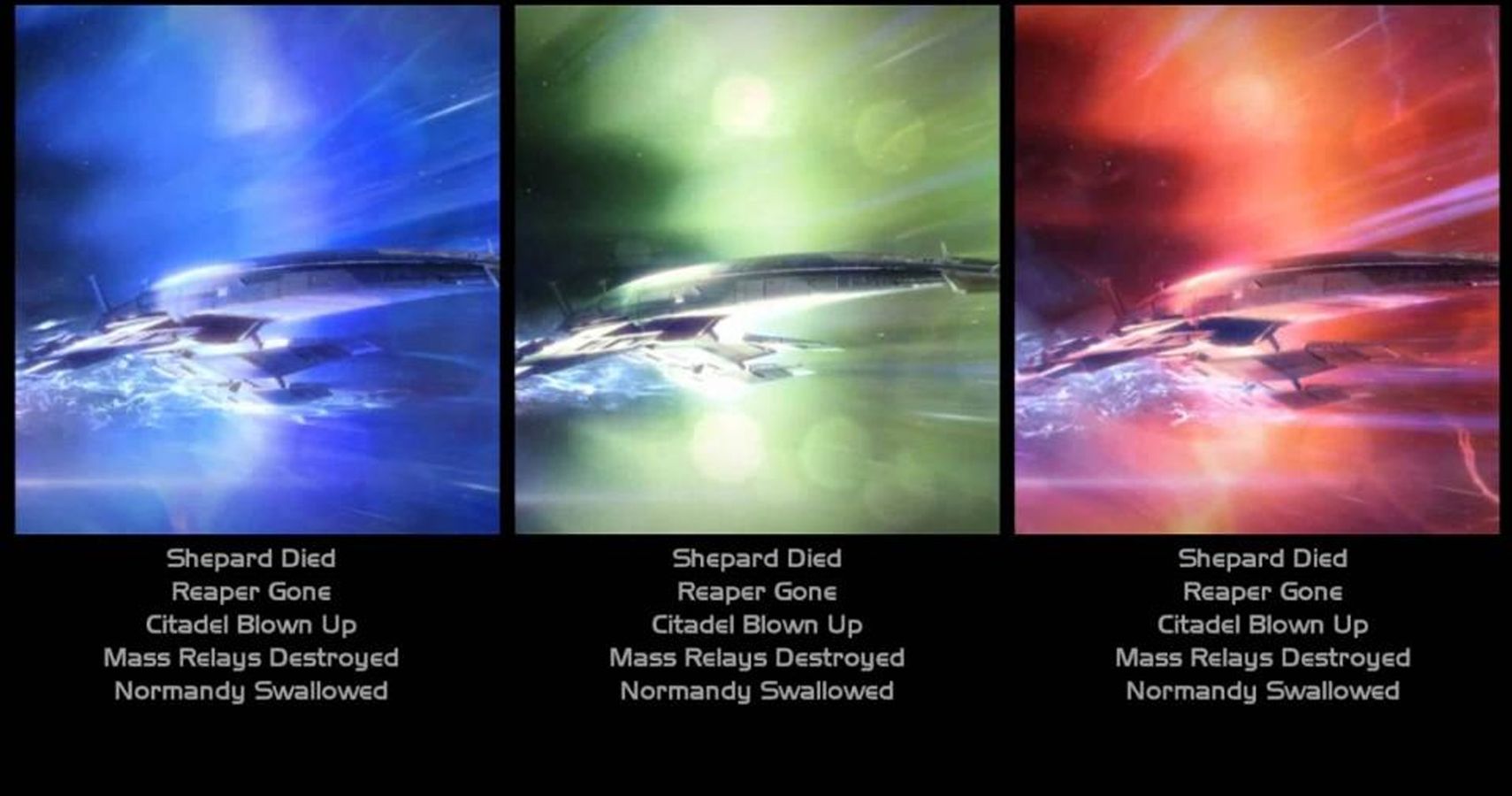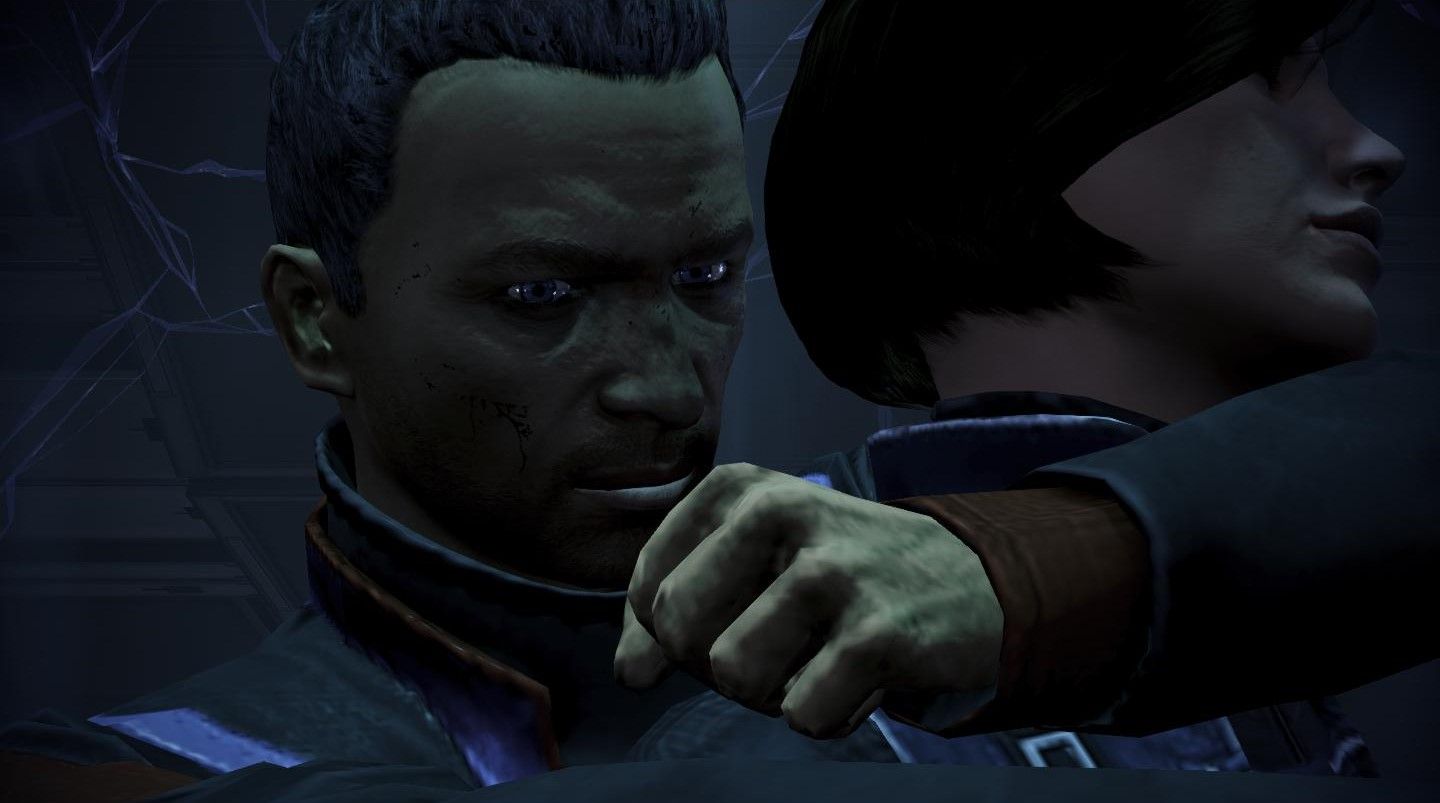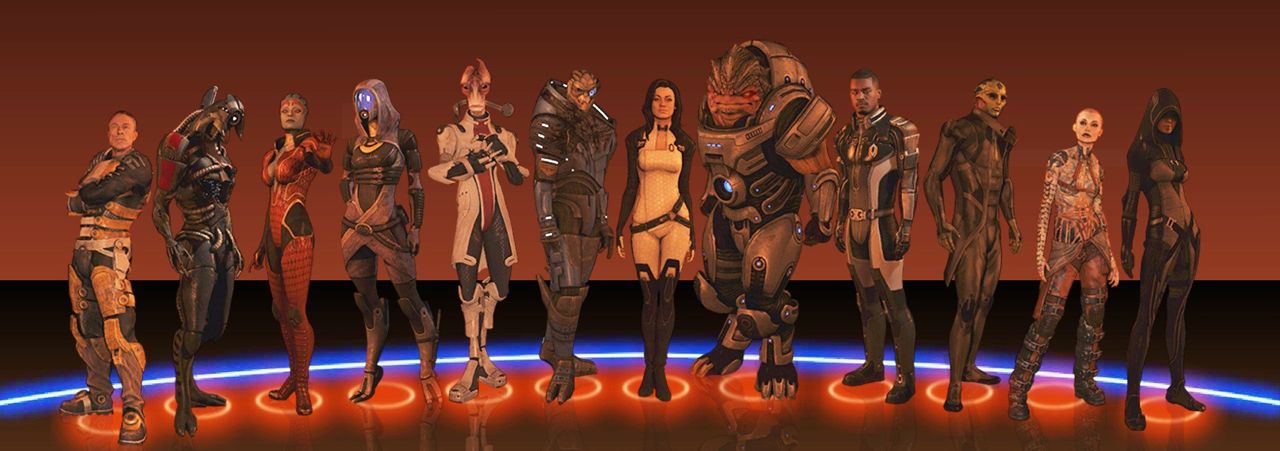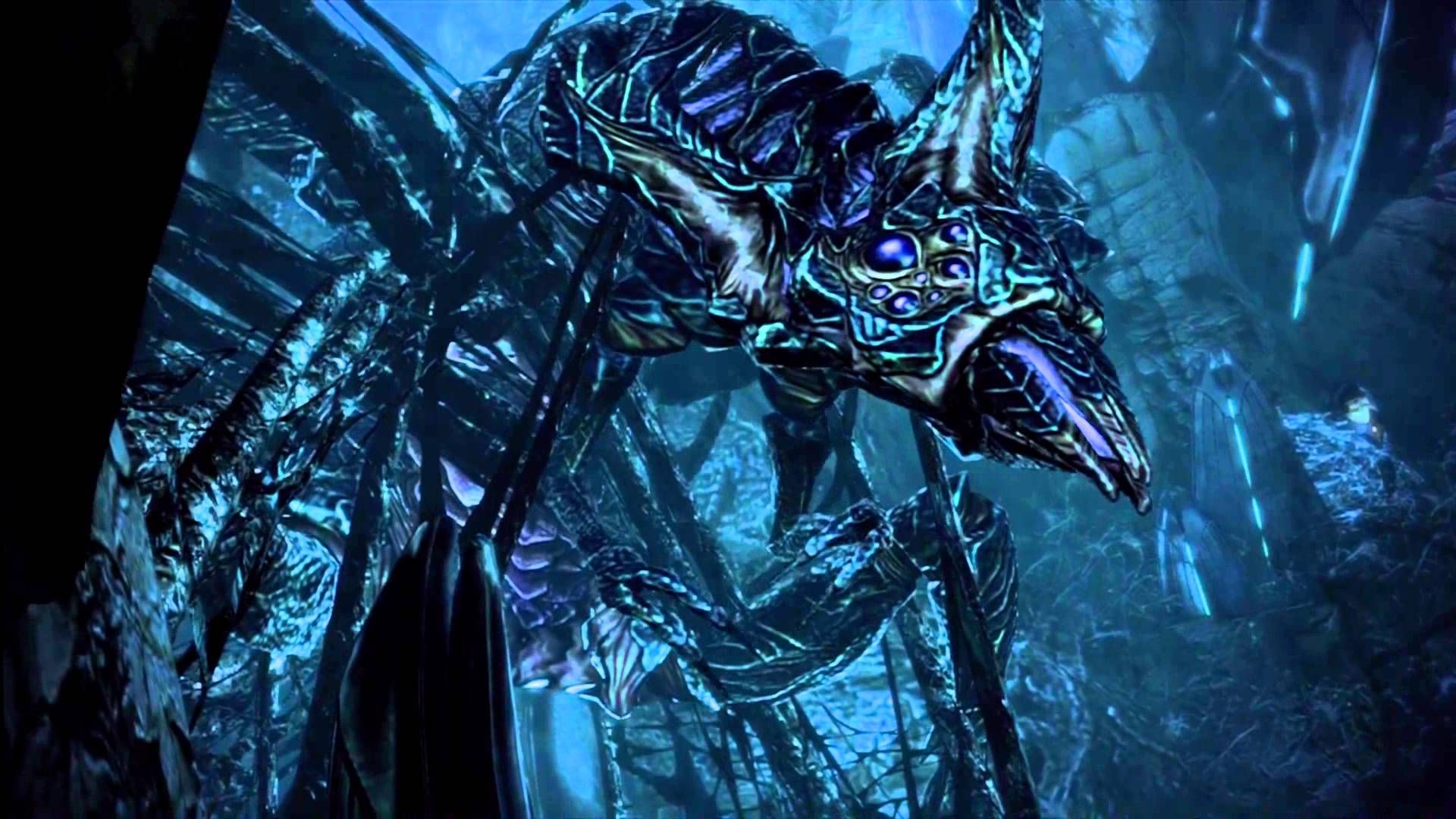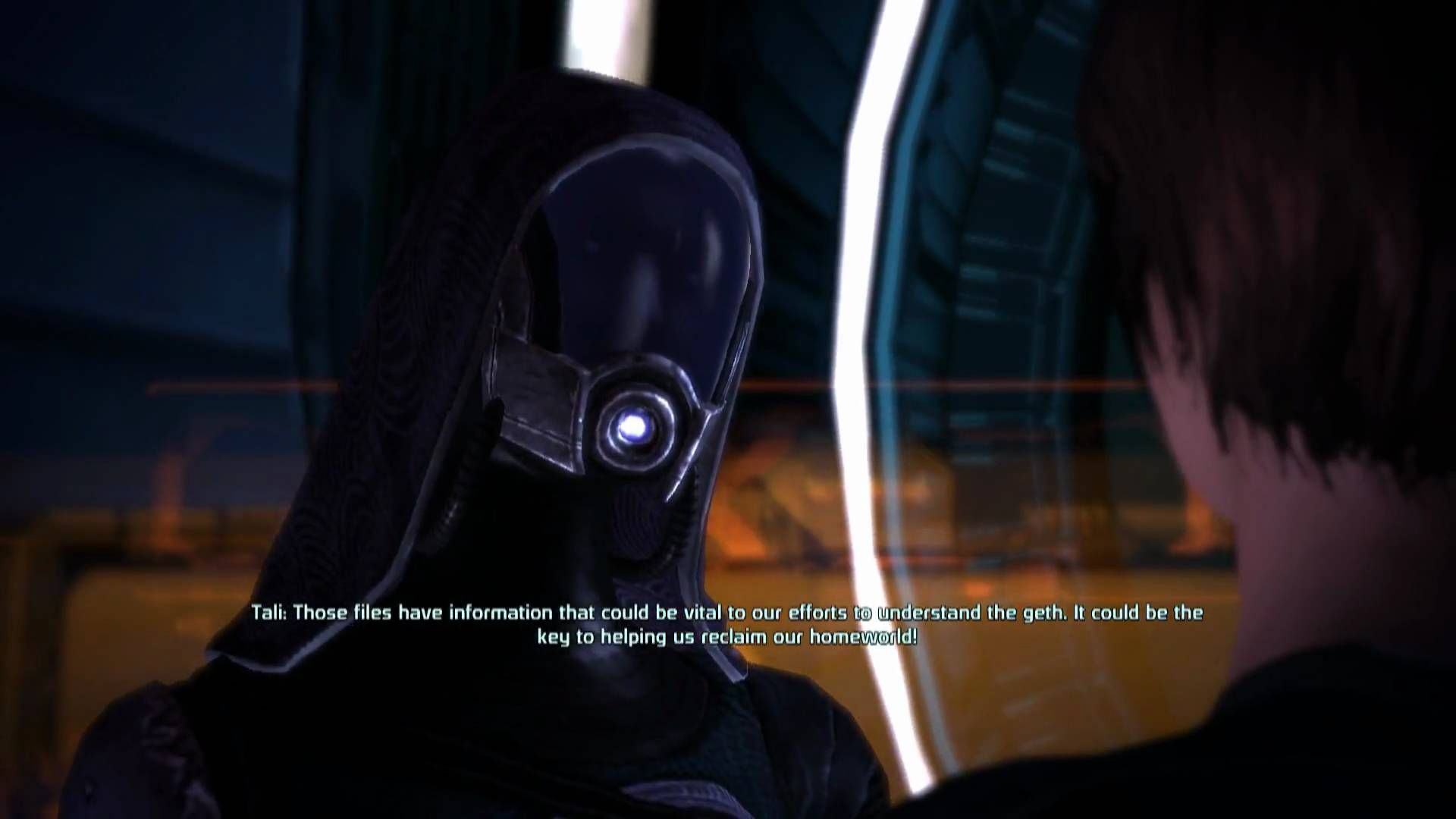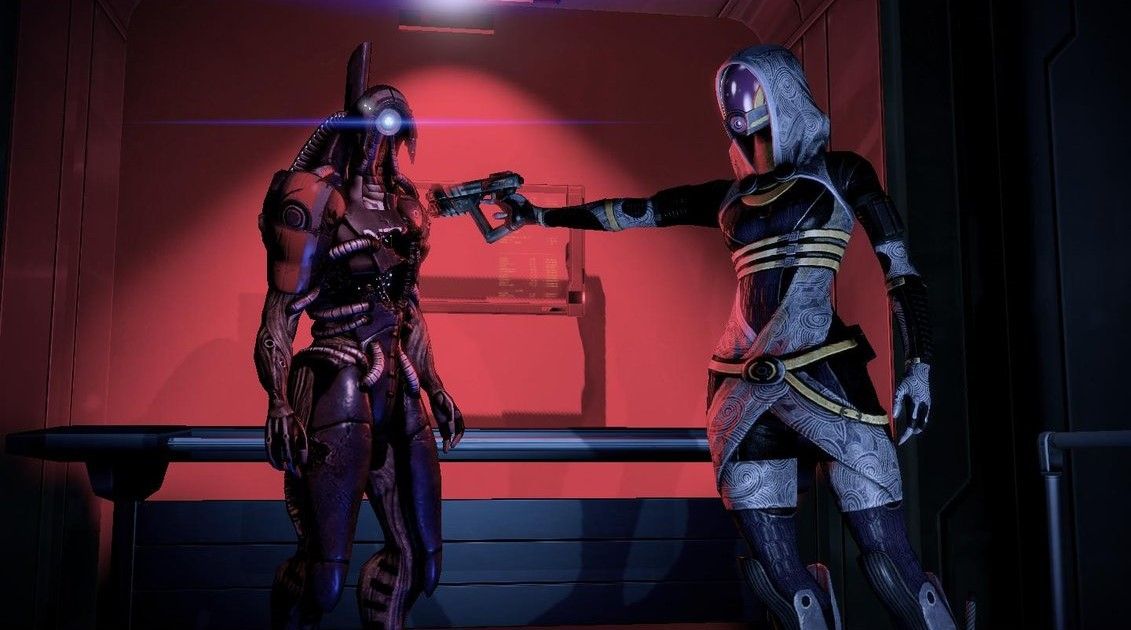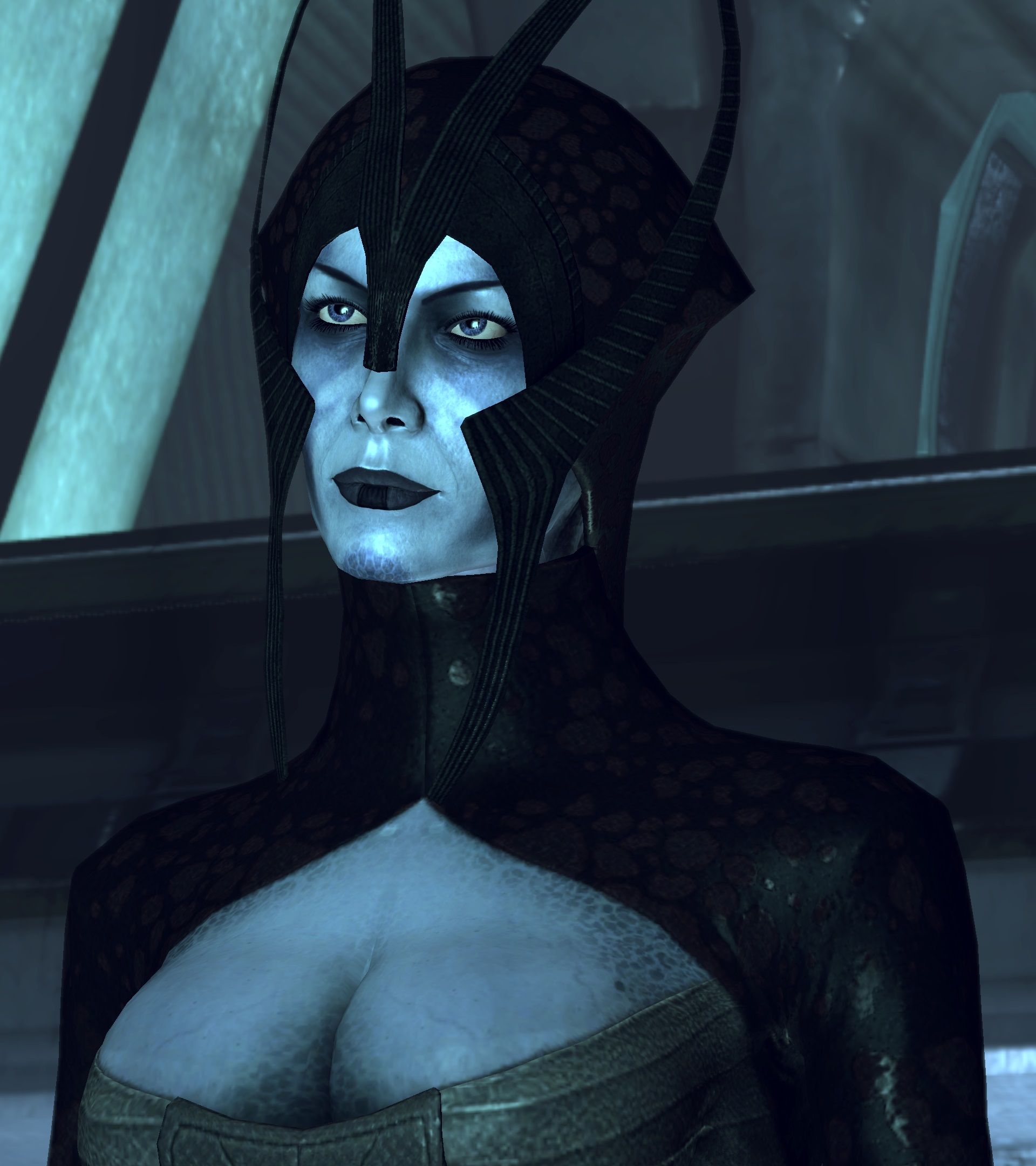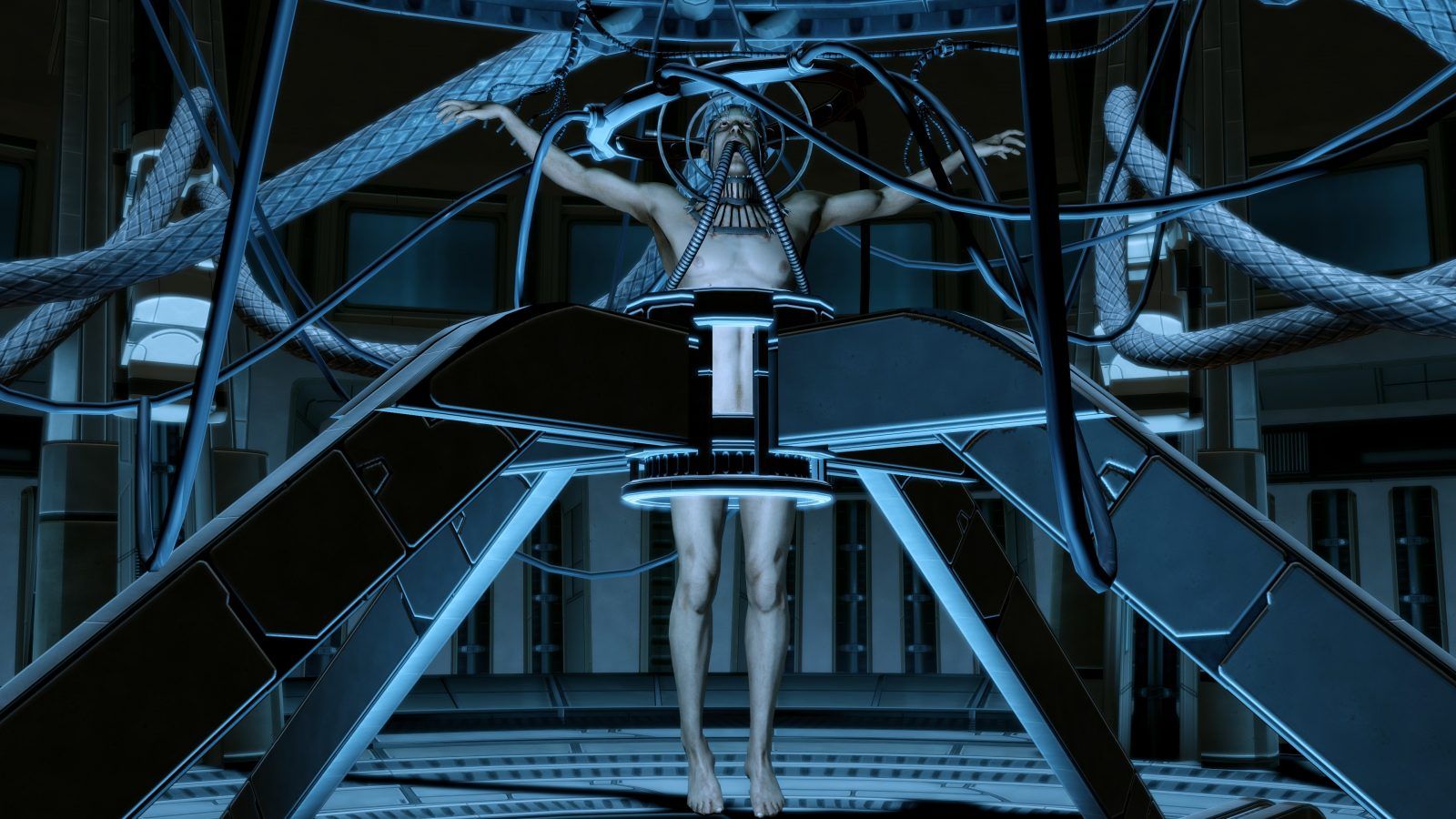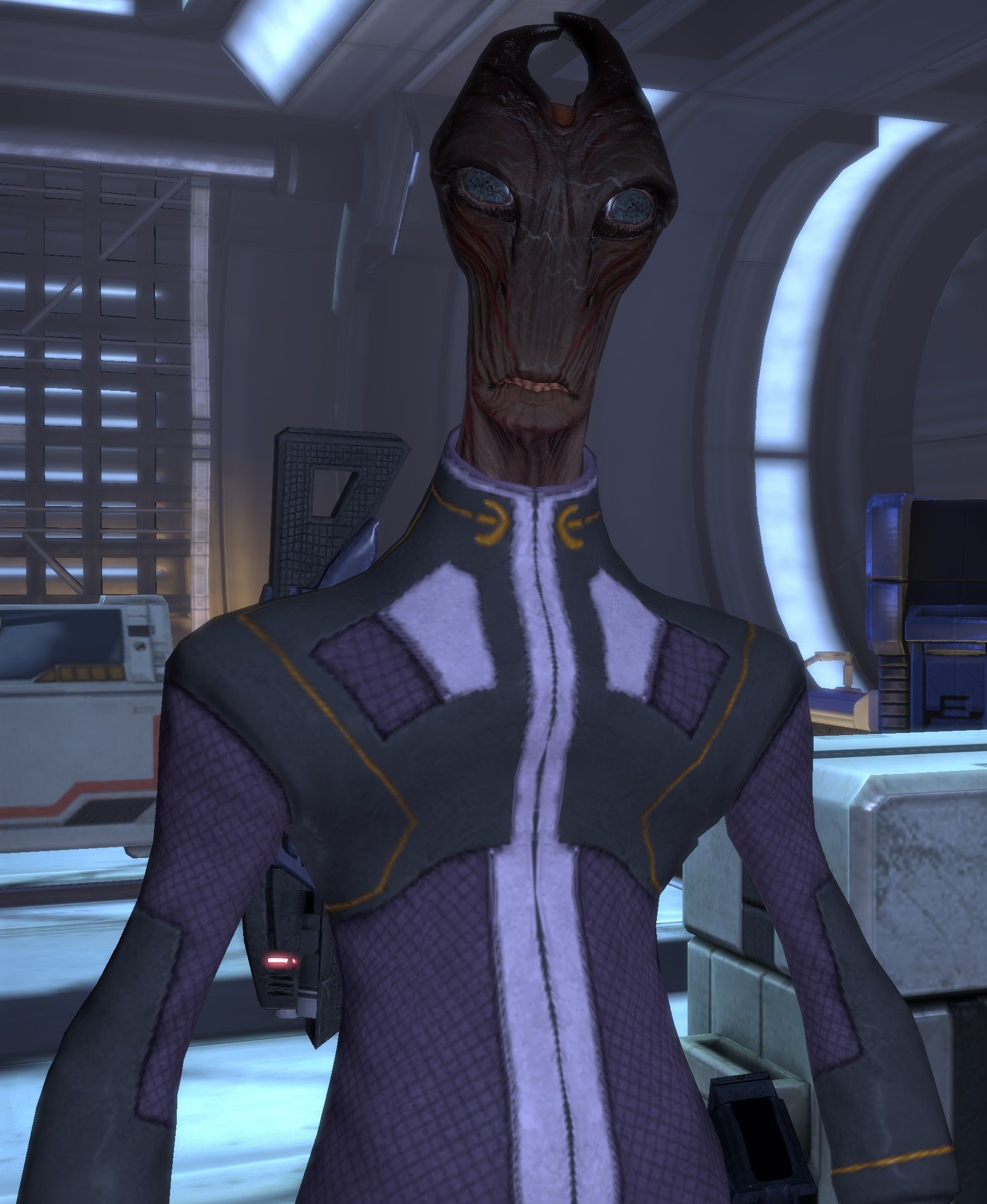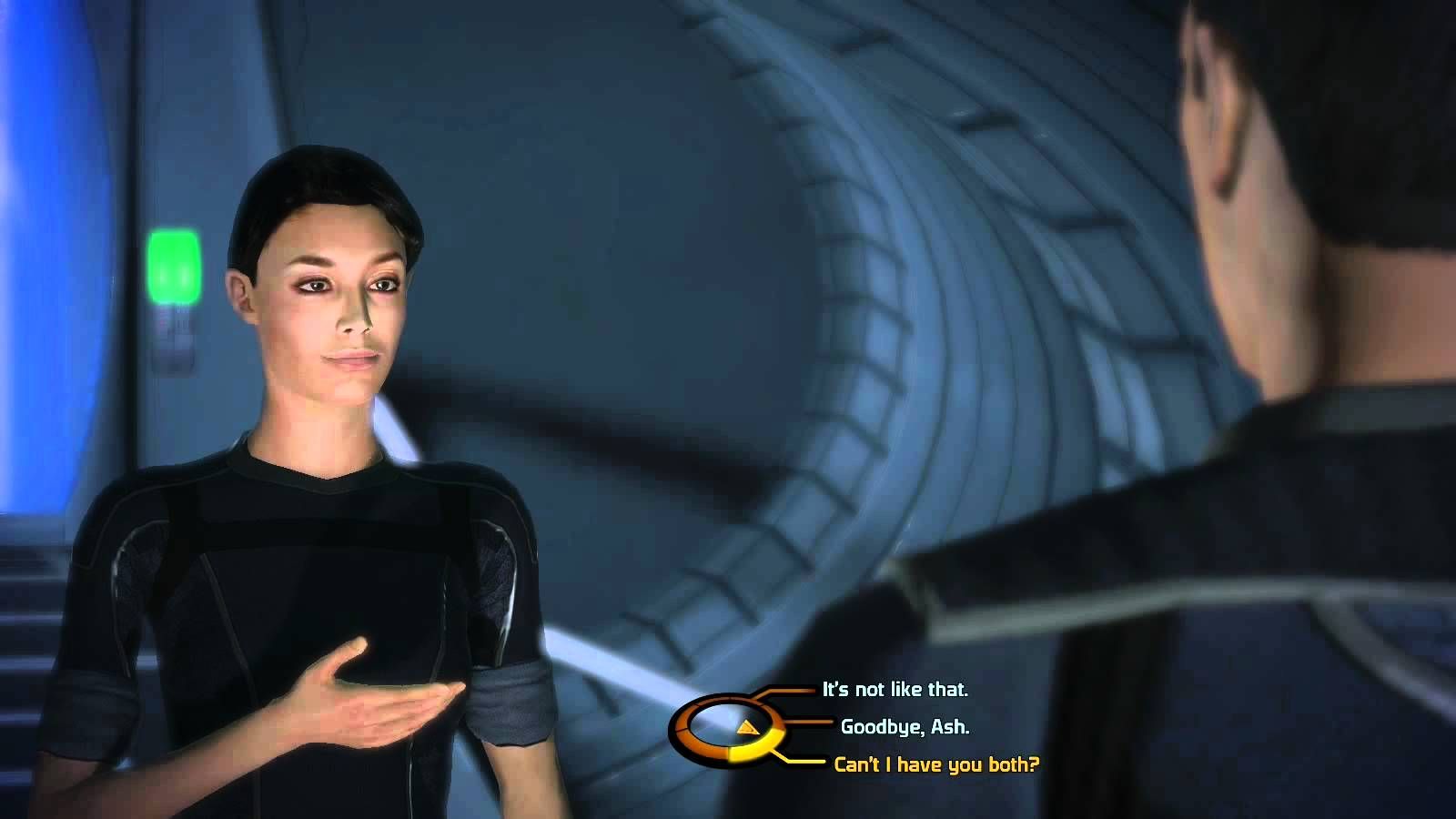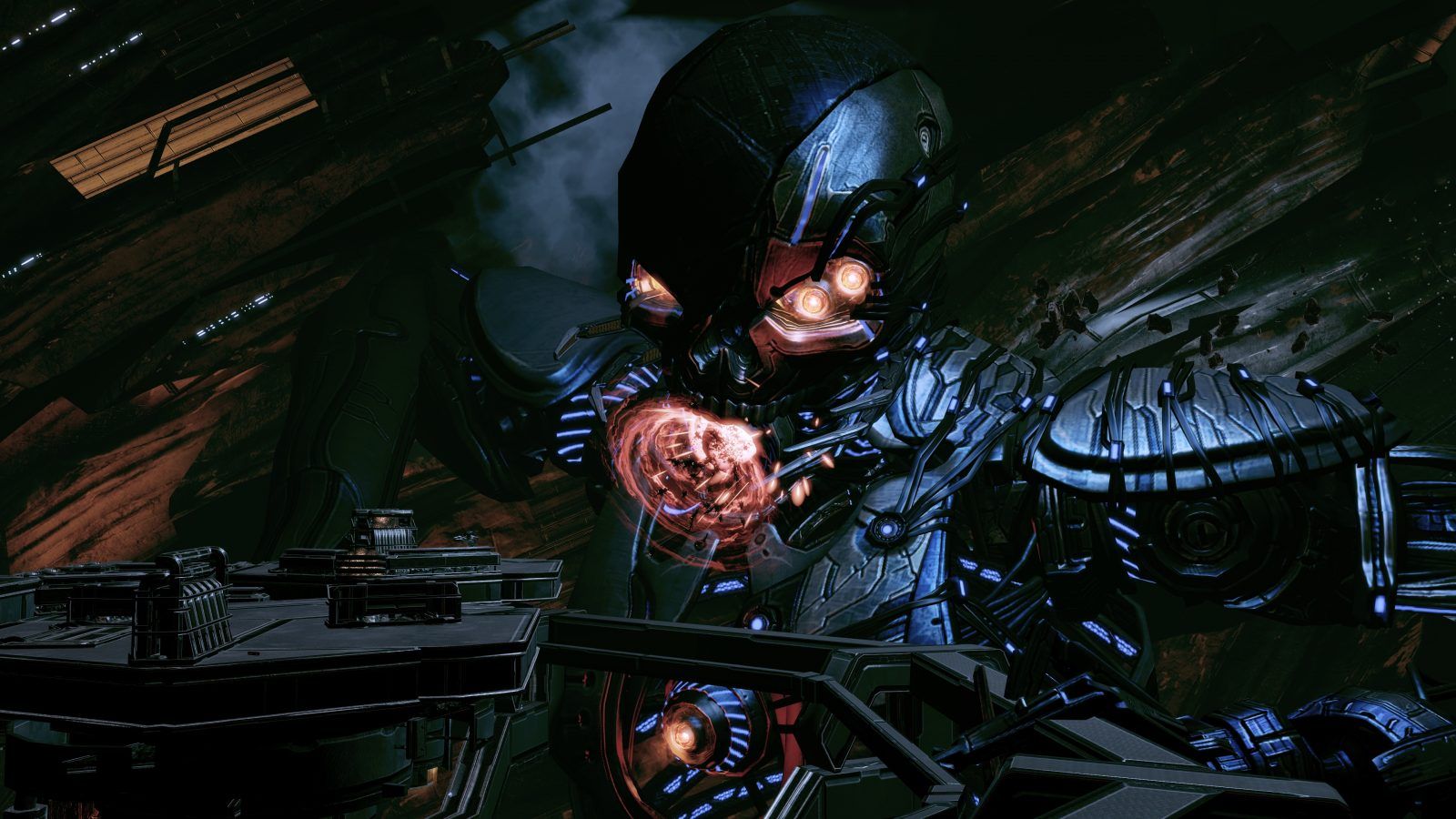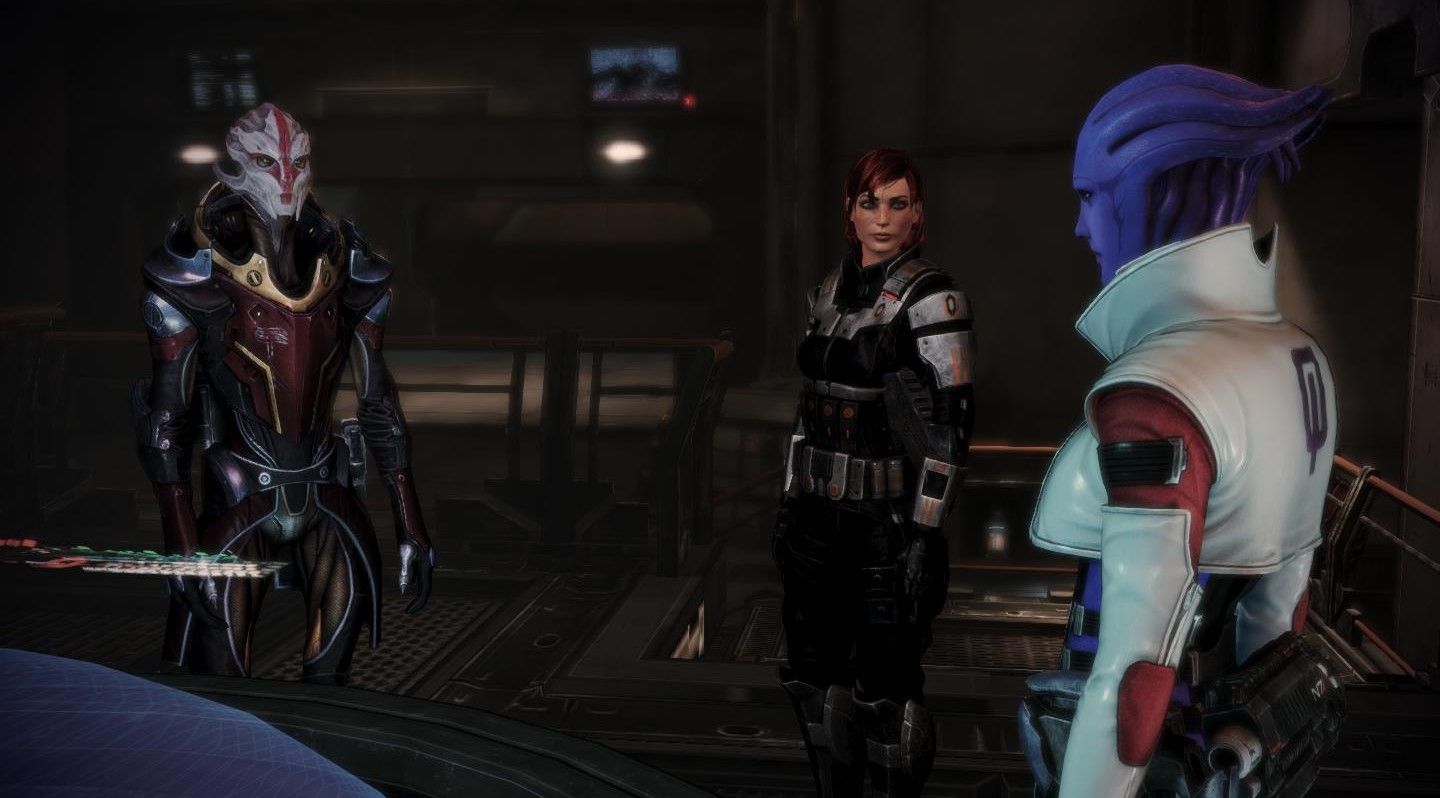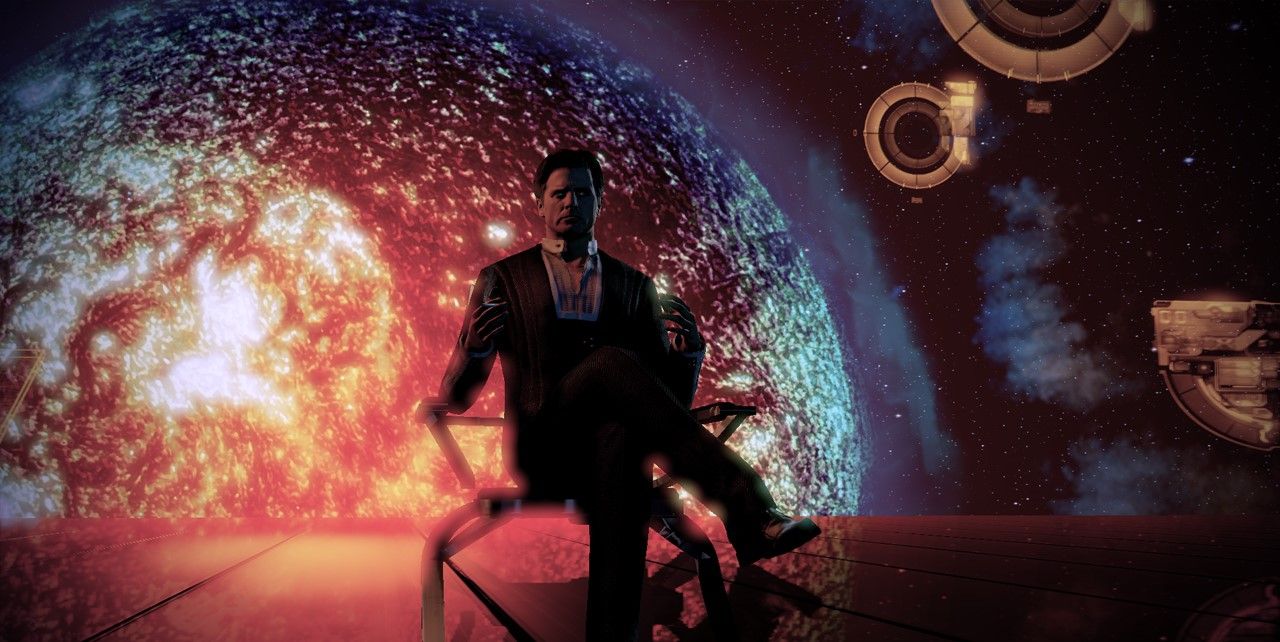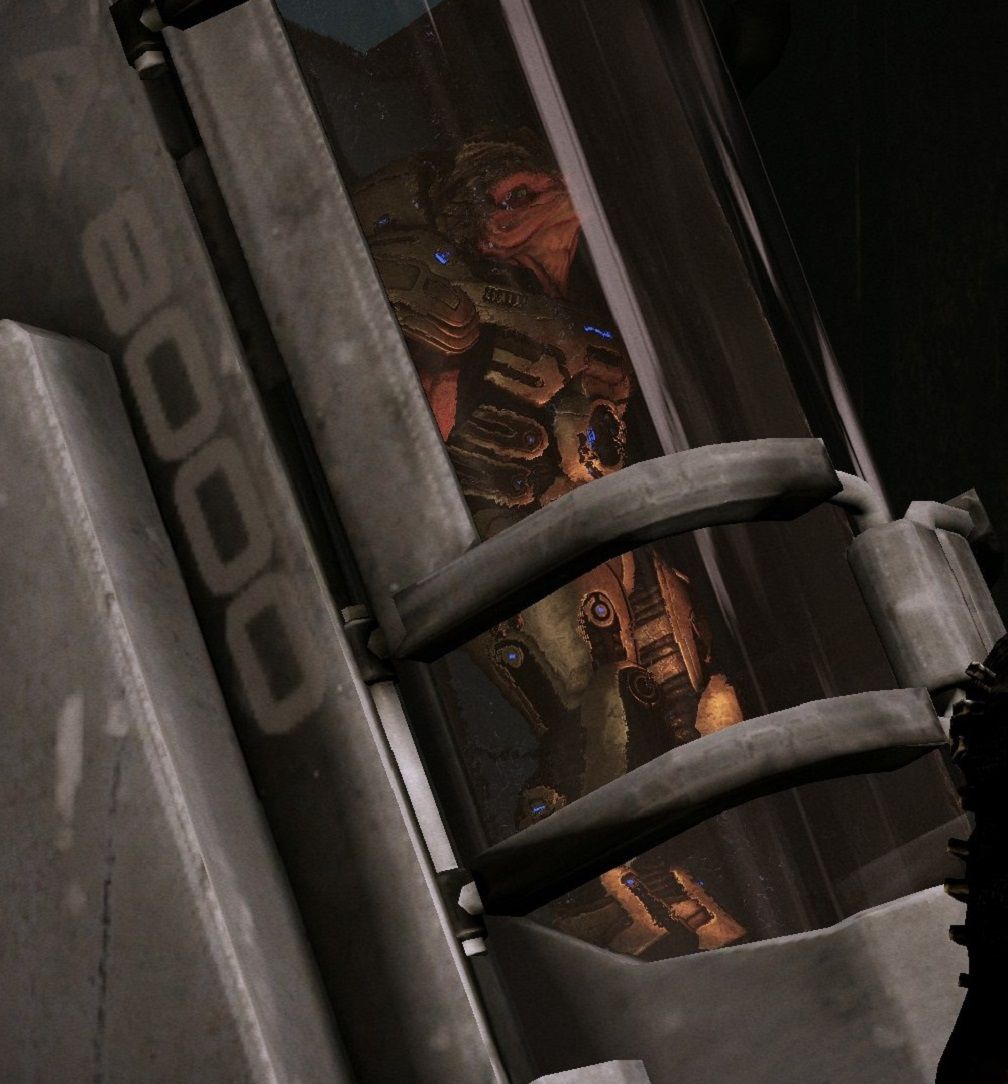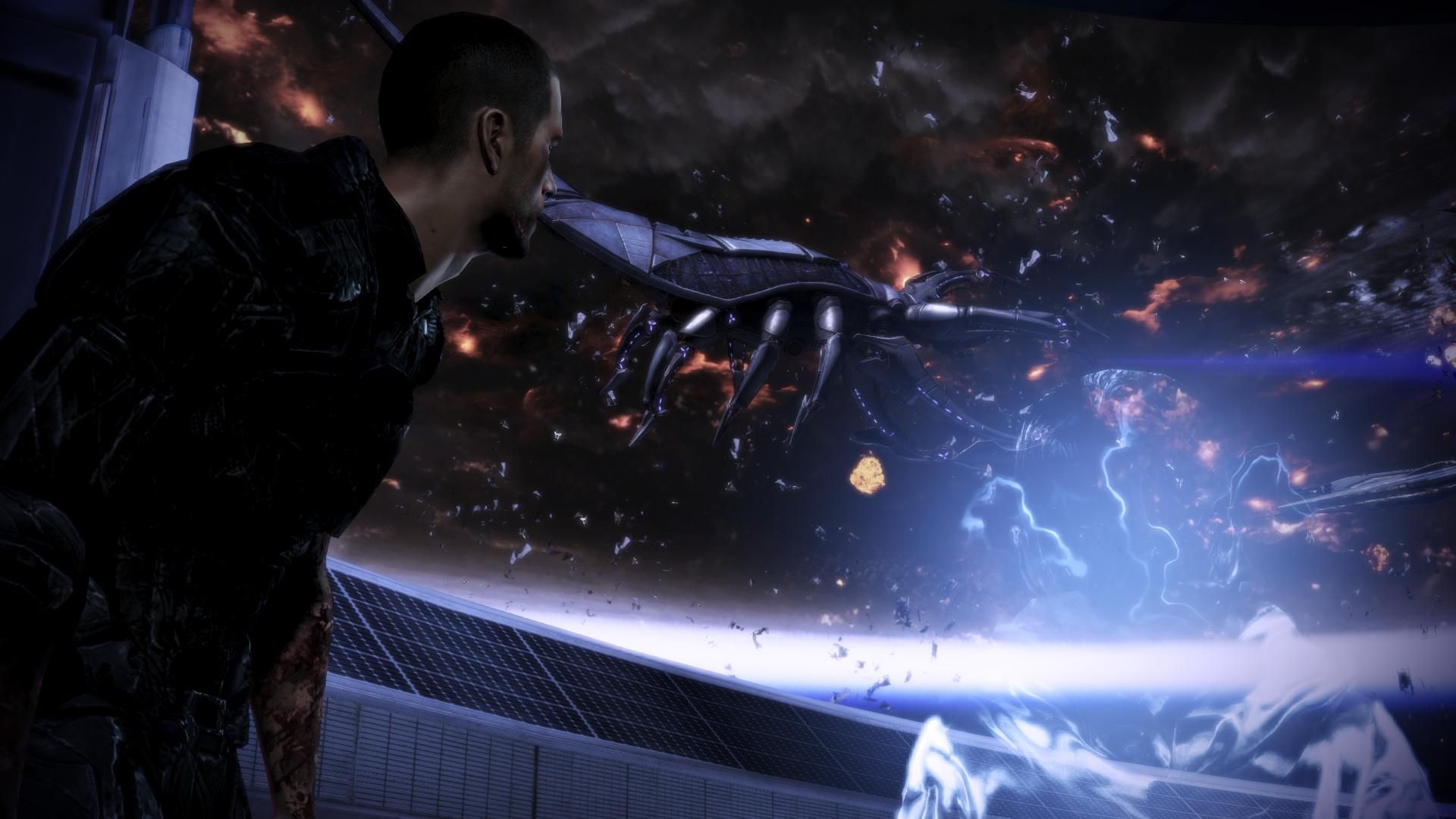As choice-based games, the Mass Effect trilogy presents a variety of choices ranging from murdering characters to making a joke in front of your companions. Many choices seem trivial compared to more drastic situations, but almost every decision shapes your journey through the trilogy. Amongst these choices, however, are events which seem significant yet end up changing little to nothing in the series. Some of these choices should have a larger impact on the world yet do not, while others promise results that never occur.
The majority of choices on this list lack the balance that makes Mass Effect so entertaining. Almost every choice in Mass Effect promises consequences, yet these choices fail to execute their threats. Your options seem equal yet are imbalanced, giving an unfair advantage to the players who accidentally take the more beneficial action. The remaining choices on the list inadequately reward you for the effort you put into them. After establishing enough tension for a game-changing event, the games give you disappointing choices where you merely change a conversation. Even when certain choices should completely alter the world or how characters treat you, these choices have no significant effect.
Mass Effect is largely popular because of its various stories and realistic consequences, yet the choices on this list fail to change your story and are often unrealistic. Instead of creating a dynamic world, these choices force players down singular paths. Every decision should have a unique impact, particularly in choices that seem significant. Here’s 15 choices in the Mass Effect trilogy that seemed important yet didn’t even matter.
15 Sparing Henry Lawson
As with most choices in the Mass Effect trilogy, you may act as a peaceful Paragon or an intimidating Renegade when encountering Henry Lawson. With a high Renegade or Paragon ranking, you can avoid bloodshed throughout the franchise. All players can shoot Henry, but Renegades and Paragons may convince Henry to trade Oriana’s safety for his.
If you spare Henry, Miranda does not. After Henry releases Oriana, Miranda murders him. The most frustrating part about this elimination of choice is that nobody acknowledges it. Miranda violates Shepard’s pact with Henry, yet Shepard and Miranda interact without hostility. If you are playing a Paragon or Renegade who guards all life, you cannot protect Henry. Even your avatar opposes you—when Miranda says she’s glad her father is dead, Shepard agrees.
14 Loyalty Missions That Always Result In Loyalty
The loyalty missions of Mass Effect 2 reveal characters’ darkest, most vulnerable secrets, allowing you to help or harm your companions’ lives. Despite the tension in each mission, only Zaeed’s, Samara’s, Tali’s, and Thane’s missions may result in failure. If you fail a loyalty mission, the central companion remains disloyal and thus weakens your team.
Without a chance of failure, the other loyalty missions lack significant consequences. Characters trust you no matter what, making your choices mechanically meaningless. You may change events and dialogue within the mission, but the remainder of the game is largely unchanged. Certain characters can lose loyalty in later confrontations, but these are completely separate from the missions. Apart from the four missions listed above, the loyalty missions lack the thrilling stakes that accompany the risk of failure.
13 Saving The Breeder
If you killed the Rachni Queen in the first Mass Effect, the Reapers will build a clone known as the Breeder. While the Rachni Queen will assist you in Mass Effect 3, the Breeder promises support, but betrays you. You actually lose assets because the Breeder kills members of the Alliance.
When the Breeder offers support, you may save either the Breeder or a group of Krogan allies. The choice seems balanced, but only the Krogan offer permanent assets. The Breeder appeals to many players due to its size, strength, and countless children—the game tricks you into helping the Breeder and harming yourself. While the Rachni Queen and Krogan assist you, the Breeder is detrimental to you, your choice, and the game itself.
12 Helping Tali Complete Her Pilgrimage
When you collect data on the Geth in the first Mass Effect, Tali requests a copy of the data. Tali emphasizes the importance of the data through this conversation and past conversations: Tali joined you in the hopes of completing her Pilgrimage, and the data will fulfill her Pilgrimage.
Despite the importance of the situation, Tali—though annoyed—accepts your decision if you withhold the data. If you help Tali, she reaffirms her promise to “stay with you until Saren and his Geth armies are defeated,” yet she keeps that promise even if you sabotage her Pilgrimage. In Mass Effect 2, Tali trusts you more readily if you help her, but she will eventually trust you even if you don’t. Neither rewards nor repercussions accompany this choice—a few lines of dialogue change, but the consequences you would expect never occur.
11 Disloyal Characters (Jack, Tali, Legion, Thane, And Samara)
All disloyal characters in Mass Effect 2 have a greater chance of dying—if they survive, some will die in Mass Effect 3. However, five characters will follow the same arc in Mass Effect 3 regardless of their loyalty: Jack, Tali, Legion, Thane, and Samara. These characters follow a predetermined path in Mass Effect 3, with Jack teaching at Grissom Academy, Tali assisting the Admirality Board, Legion helping Shepard battle the Reapers, Thane dying at the hands of Kai Leng, and Samara saving her daughter from the Reapers. This disrupts the loyalty formula and leads to some illogical stories, particularly for Thane. If you fail Thane’s loyalty mission, he never meets his son in Mass Effect 2, yet his son appears in Mass Effect 3 regardless of your choice.
10 Bringing Liara To Fight Benezia
Liara’s presence during the battle with her mother, Matriarch Benezia, leads to some fascinating dialogue. Benezia observes Liara hostilely during her indoctrination but lovingly when she recovers her sanity. The matriarch’s words are touching as she addresses her daughter for the last time.
Despite the emotion of the scene, this choice isn’t helpful in terms of combat, and surprisingly little changes in the narrative. You must fight Benezia regardless of who accompanies you. Liara doesn’t positively affect Benezia’s indoctrination; Benezia resists indoctrination and succumbs to it at the same, scripted moments. Benezia emotionally suffers with or without Liara. With gameplay that contradicts Benezia’s words, the matriarch’s love feels illegitimate. If you choose to include Liara in the mission in order to avoid battling Benezia, you will not be rewarded as you imagined.
9 Keeping David In Project Overlord
At the end of the Overlord DLC of Mass Effect 2, you may send David to Grissom Academy or allow Project Overlord to continue. David’s brother, Dr. Gavin Archer, argues that humans will learn how to defeat the Geth through Project Overlord.
However, there are no benefits for keeping David within the project. Some knowledge is gained about the Geth in Mass Effect 3, but this affects your war assets rather than the narrative. If you help David, Gavin appreciates your kindness and gives you the same number of assets. Helping David is actually more productive, for David gives you weapons when you reach Grissom Academy. If you sacrifice your humanity and continue David’s suffering, you get nothing in return despite Gavin’s coercive promises.
8 Destroying The Geth Heretics
Every loyalty mission in Mass Effect 2 affects characters’ attitude toward Shepard except for Legion’s. Legion and the Geth treat you equally no matter what choice you make. This defies the structure of the game and the mission itself - Legion emphasizes the importance of unity throughout the mission, yet it allows Shepard to destroy the Geth heretics. The Geth heretics may be reprogrammed to unite with the original Geth, an option which Legion should desire. Instead of pursuing a goal that you either support or oppose like your other companions, Legion has no opinion. Other loyalty missions have consequences; Legion’s mission affects neither characters nor story.
Legion’s reasoning also makes zero sense. The original Geth trust Shepard’s opinion because he/she has “fought the heretics,” but Legion has battled the heretics throughout the mission. Shepard has no right to influence Geth affairs, yet the Geth trust you and whatever decision you make.
7 Sparing Dr. Saleon
Sparing Dr. Saleon is the most significant event for Garrus in the first Mass Effect. If you or Garrus initially murder Saleon, Garrus never changes. If you try to save Saleon before the Salarian attacks you, Garrus finally understands everything you’ve told him throughout the game and learns how to be merciful.
Unfortunately, this change isn’t permanent. When you reunite with Garrus two years later in Mass Effect 2, the Turian acts like his original self regardless of your interactions with Saleon. As if this dismissal of your choice isn’t enough, Garrus’ loyalty mission almost completely resembles the quest with Saleon. Garrus wants to kill Sidonis as he wanted to kill Saleon, learning nothing from your actions in the previous game.
6 Choosing Both Love Interests
BioWare treats this situation as a joke rather than a choice—Shepard almost laughs as he/she suggests a threesome in the first Mass Effect game. However, the choice leads to unpredictable consequences. Instead of simply producing amusing dialogue, Shepard’s words cause Ashley or Kaidan to leave while Liara remains in love with you.
By romancing both characters, you accidentally sacrifice your choice and end up with Liara. After the human love interest departs, Liara says: “I’m glad you chose me.” Mass Effect is known for obviously scripted lines, but that line is by far the most painful line in the trilogy. The game completely ignores your choice: Liara acts as if you chose her when you didn’t. Whether you suggest the threesome as a joke or a legitimate choice, Mass Effect refuses to acknowledge your decision.
5 Destroying The Collector Base
Shepard’s revival and victory over the Collectors take place thanks to Cerberus. With a story centered on Cerberus and their mysterious leader, Mass Effect 2 culminates in a climactic choice where you help Cerberus or betray them. You may either hand over the Collector Base to Cerberus or destroy it.
Despite being the most significant choice in the game, this choice has no impact on the sequel. Parts of the Human-Reaper—the final boss defeated within the Collector Base—are found within Cerberus Headquarters in Mass Effect 3. These remnants appear even if you destroyed the Collector Base. Cerberus salvages the Human-Reaper’s brain if you protected the base and its heart if you didn’t, but absolutely nothing should be salvageable from a base that no longer exists.
4 Rerouting Omega's Reactor
During the Omega DLC of Mass Effect 3, you are given three opportunities to shut off the power in space station Omega. Doing so will release your companions, Aria and Nyreen, from a trap but will kill thousands of citizens. If you wait too long, Nyreen becomes injured and Aria increasingly yells at you. With each opportunity, you’re pressured more and more into hitting the button that will spare your friends but murder innocents.
In reality, Aria and Nyreen survive no matter what. If he/she doesn’t hit the button, Shepard reroutes the reactor to terminate the force field, allowing Aria and Nyreen to escape while civilians protect them. Despite its dramatic setup as a trolley problem, this choice allows you to either kill many or save everyone. Should you choose to save Omega, you’ll find your companions unharmed, making your risky, stressful action disappointingly meaningless.
3 Every Choice Involving Cerberus
Players must help Cerberus throughout Mass Effect 2, but there are several opportunities to either support or undermine Cerberus. These choices range from verbal defense to giving deadly Reaper technology to Cerberus. Whether you support Cerberus or not, you must work for them in Mass Effect 2—and you must battle them in the sequel. All progress made in Mass Effect 2 vanishes, with Shepard returning to the Alliance and opposing Cerberus as he/she did in the first game.
Many players do not enjoy serving Cerberus, but those who do hate battling them. No decision you make involving Cerberus affects their overall attitude toward you. After an entire game focused on Cerberus—with a climatic choice in which you choose to either trust or distrust Cerberus—you end up having no influence over Shepard’s relationship with Cerberus.
2 Not Activating Grunt
While you can keep Legion deactivated aboard your ship, you are required to awaken Grunt. If you try to keep him in stasis, the game comes to a standstill where no other loyalty missions are offered and the main storyline does not progress.
The other choices on this list offer multiple outcomes—the outcomes may not matter, but at least each decision leads to unique dialogue. With Grunt, you only have one option. The game nonetheless presents an illusion of choice, stating in your journal that you can “decide whether to open the grow-tank of the Krogan super soldier aboard the Normandy.” Miranda and EDI both advise you to not awaken Grunt, yet the game contradicts itself and forces you to activate him.
1 Defying The Catalyst
The ending of Mass Effect 3 is notorious for its lack of genuine choice. Instead of allowing players to battle the Reapers, the original game forces players to do whatever the Catalyst recommends. BioWare tried to salvage the ending with an expansion, which included the option to defy the Catalyst. However, this choice only has one outcome: the Reapers destroy the galaxy like they have since the beginning of time. Even if you’ve gathered a massive number of war assets, you must either obey the Catalyst or die.
All insignificant choices are frustrating, but this “choice” is offensive. After you spend an entire game gathering allies, your forces are useless. BioWare should have replaced the option of destroying the Reapers through the Crucible with destroying them through your army. The galaxy’s fate should depend on the war assets you’ve acquired; as it is, the war assets provide different endings for Shepard rather than the galaxy. Your efforts throughout the game are pointless, particularly if you choose to defy the Catalyst.

